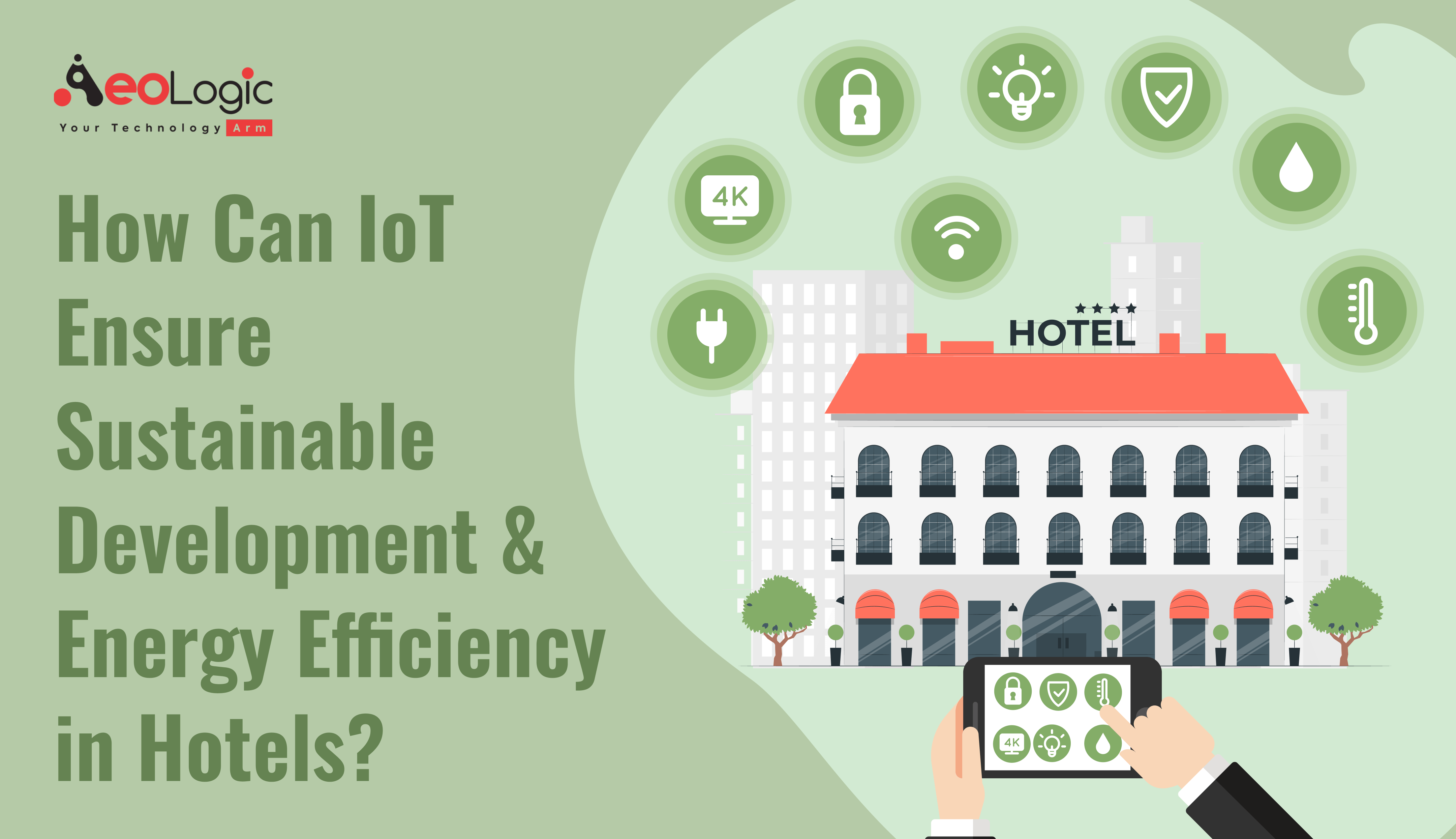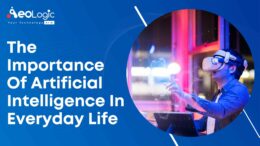According to the industry experts, IoT ensures sustainable development and energy efficiency in hotels. It should be a foremost priority. Data shows that the heating, ventilation and air conditioning (HVAC) system only, is accounting for 50% of total energy usage in hotels. It is the highest energy guzzler. Furthermore, if the HVAC system is not properly managed, it can considerably contribute to high energy costs.
From occupancy comfort to improving facility management, implementing IoT in hospitality will assure higher customer satisfaction needed for staying competitive. On the other hand, it helps in cutting down on energy expenses. Hence, it is becoming even more crucial for hoteliers for considering the fact that IoT ensures sustainable development and energy based energy management system to reduce these expenses.
Also read: The Role of Technology in Sustainable Development
IoT Ensures Sustainable Development and Energy Efficiency in Hotels
Improved Indoor Air Quality (IAQ)
AQI is being degraded each day around us. Air pollution is hard to escape, and it is all around us directly affecting the indoor air quality in the hospitality industry. The health effects of air pollution are serious – increasing cases of lung cancer can be attributed to increased air pollution.
Hotels should provide clean air to their customers. As there are technologies that helps to monitor air quality using wireless sensors and displays statistics on the dashboard. It is allowing hotels to control condition of their air purifiers. In order to maintain a good and healthy atmosphere.
Achieving Energy Efficiency Through Automated Monitoring & Control
On the other hand, hotels are one of the most energy-consuming buildings. Energy costs can be a considerable part of a hotel’s operating budget. That is ranging from 15-35%, counting on the size and star rating of the hotel. An energy-efficient system will be allowing sustainable development in the hotel sector, decreasing energy consumption, benefiting the ecosystem, and mitigating their energy cost in the process.
Hotels are having a massive HVAC systems which include air conditioners, chillers, refrigerators, etc which tend to consume high power and produce heat into the atmosphere. Even more, monitoring of operating cycles of these appliances will be enabling hotels to take in only the amount of energy that is truly required and avert any kind of wastage. And continuous visibility of energy consumption will be allowing the hotels for keeping a check on their usage levels. Furthemore, the operating cycles of such appliances can be contained through schedule-based or sensor-based feedback controlling systems.
Water is Life, We Cannot Afford to Waste it!
Water is the other natural resource that hotels are consuming highly. Hotels are striving to make customers feel important, and unlimited access to water is reasoned to be a staple. With an important amount of consumption will come with great responsibility to save it. Water is needed in almost every hotel dimension, i.e. washrooms and lobby areas, kitchens, swimming pools, laundry rooms, cleaning & gardening purposes, etc.
IoT ensures sustainable development and energy. The technology is able to monitor water pumped and consumed by the hotel based on IoT sensors. Ultimately, it can present the data of consumption in each area of the hotel. Such regular statistics about consumption will be allowing hotels for limiting wastage. Also, the supply can be set as per the real requirement utilizing automated control. furthermore, it will facilitate the hotel manager to deal with any maintenance requirements in case of higher consumption because of any leak or breakage.
Reducing Food Wastage
No doubt, hotels anticipate guests from around the world at any time of the day. Among all other luxuries, the hotels are required to offer their guests with excuisite cuisines at the desired time. For fulfilling this customer demand, hotels are always maintaining the best possible quality of perishable foods. It needs them to operate their cold rooms and chillers round the clock at a particular temperature otherwise the stored food would decompose faster.
For decreasing wastage of food and to limit the power consumption of chillers and cold rooms, IoT can act as the best solution. Therefore, it would be assisting IoT powered sensors for monitoring the temperature inside food storage and maintaining the same at the required levels. Also, it would help in calculating the amount of power needed based on the trend for operating the storage rooms and limiting the consumption to the same.
Also read: How Does Technology Help Sustainability
Wrapping Up…
To sum it up, there’s no uncertainty that IoT based solutions are transforming the hospitality industry by boosting operational efficiency, enhancing customer experiences, and driving energy cost savings.
Moreover, the hospitality industry is a crucial component of tourism in the world. Hoteliers over the globe are investing in making enhancements to their infrastructure. In order to make sure of the sustainability and conservation of natural resources.
Contact us to know more about sustainable development.







